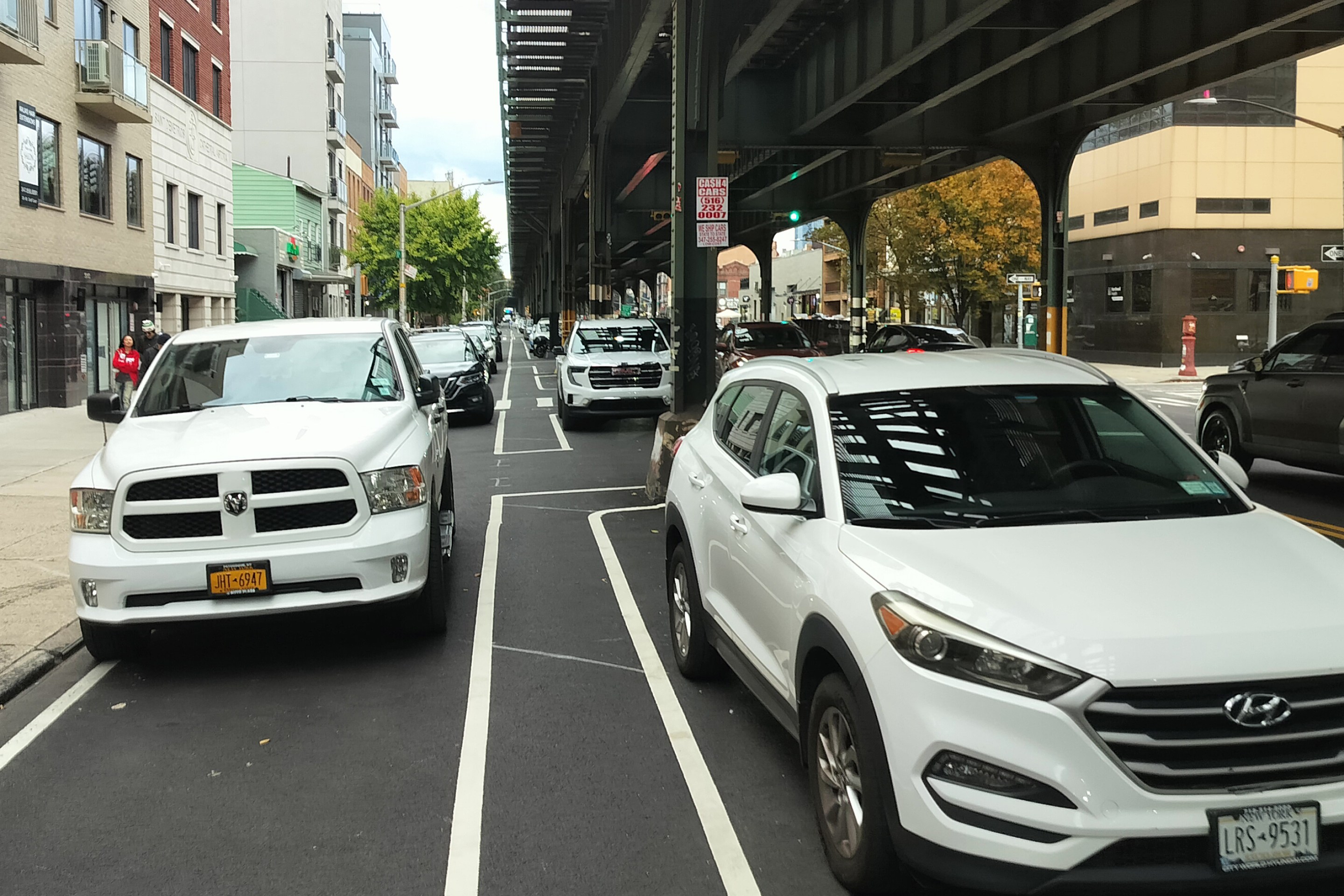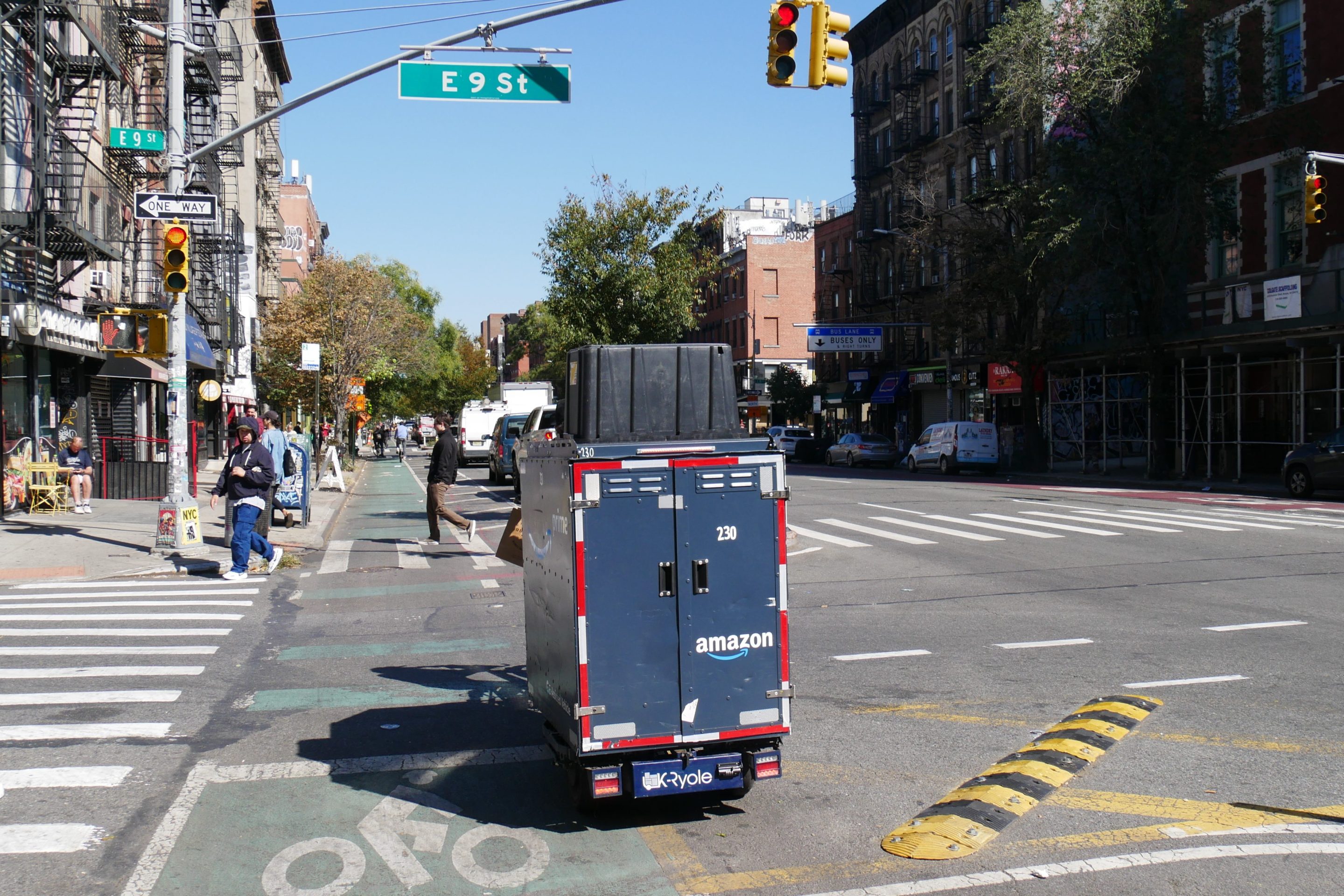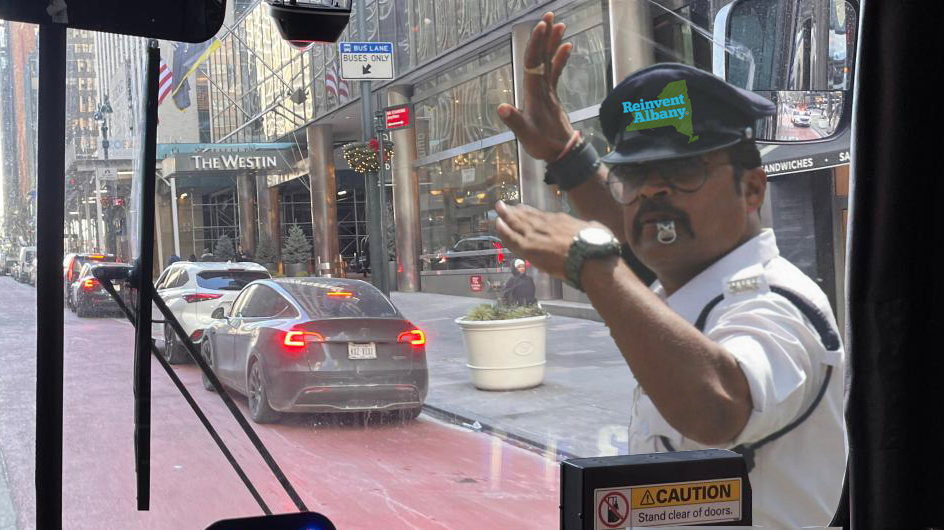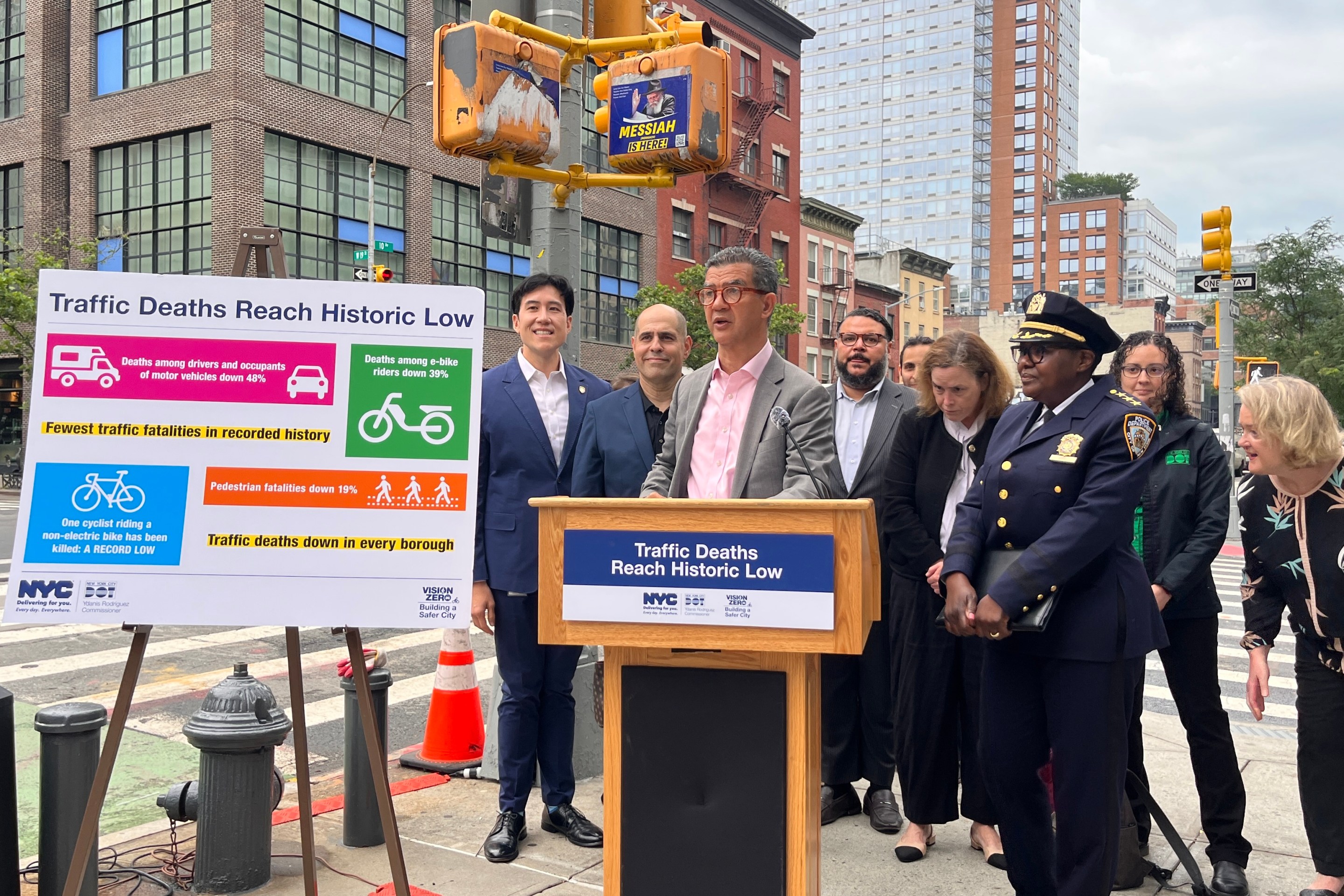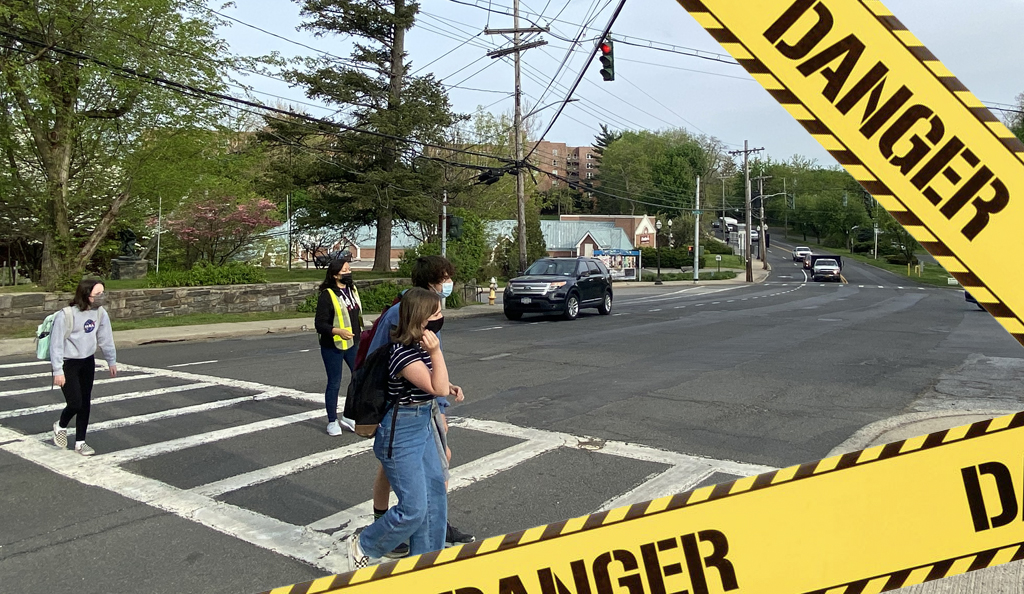
Job sprawl -- picture suburban office parks with lots of parking -- might be past its peak. The last few years have been good ones for central cities, as far as job growth is concerned, and not so hot for mid-height, reflective glass office campuses.
That's according to an analysis by researcher Joe Cortright at City Observatory. Cortright reviewed the data across American metro areas and found that central cities gained a key edge over suburban competitors in the last few years:
Our analysis of census data shows that downtown employment centers of the nation’s largest metropolitan areas are recording faster job growth than areas located further from the city center. When we compared the aggregate economic performance of urban cores to the surrounding metro periphery over the four years from 2007 to 2011, we found that city centers -- which we define as the area within 3 miles of the center of each region’s central business district -- grew jobs at a 0.5 percent annual rate. Over the same period, employment in the surrounding peripheral portion of metropolitan areas declined 0.1 percent per year. When it comes to job growth, city centers are out-performing the surrounding areas in 21 of the 41 metropolitan areas we examined. This "center-led" growth represents the reversal of a historic trend of job de-centralization that has persisted for the past half century.
Our analysis shows that city centers had unusually strong job growth relative to peripheral locations in the wake of the Great Recession. Some of the impetus for central city growth comes from the relatively stronger performance of industries that tend to be more centralized, such as finance, entertainment, restaurants, and professional services. The story is not just that job growth in central cities is improving when compared to outlying areas -- city centers have also erased their competitive disadvantage relative to peripheral locations.
We undertook a shift-share analysis that allowed is to separate out the effects of changing industry mix from relative competitiveness. The data make it clear that city centers are more competitive in 2011 than they were in 2007. While city centers had a negative competitive effect in the 2002-07 period, their relative competitiveness for industry has been equal to peripheral locations from 2007-11.
The full report [PDF] is well worth your time.
Elsewhere on the Network today: NextSTL says Ferguson has an opportunity to rebuild the street that has been the center of protests in a healthier, more equitable way. Systemic Failure details the impressive results of Berkeley's big experiment with dynamic parking pricing. Transportation for America reports that despite popular fears, politicians who have voted to raise additional transportation revenues in recent years have been overwhelmingly reelected. And Copenhagenize shares the surprising news that the famously bike-friendly city's new bike-share system is failing.
